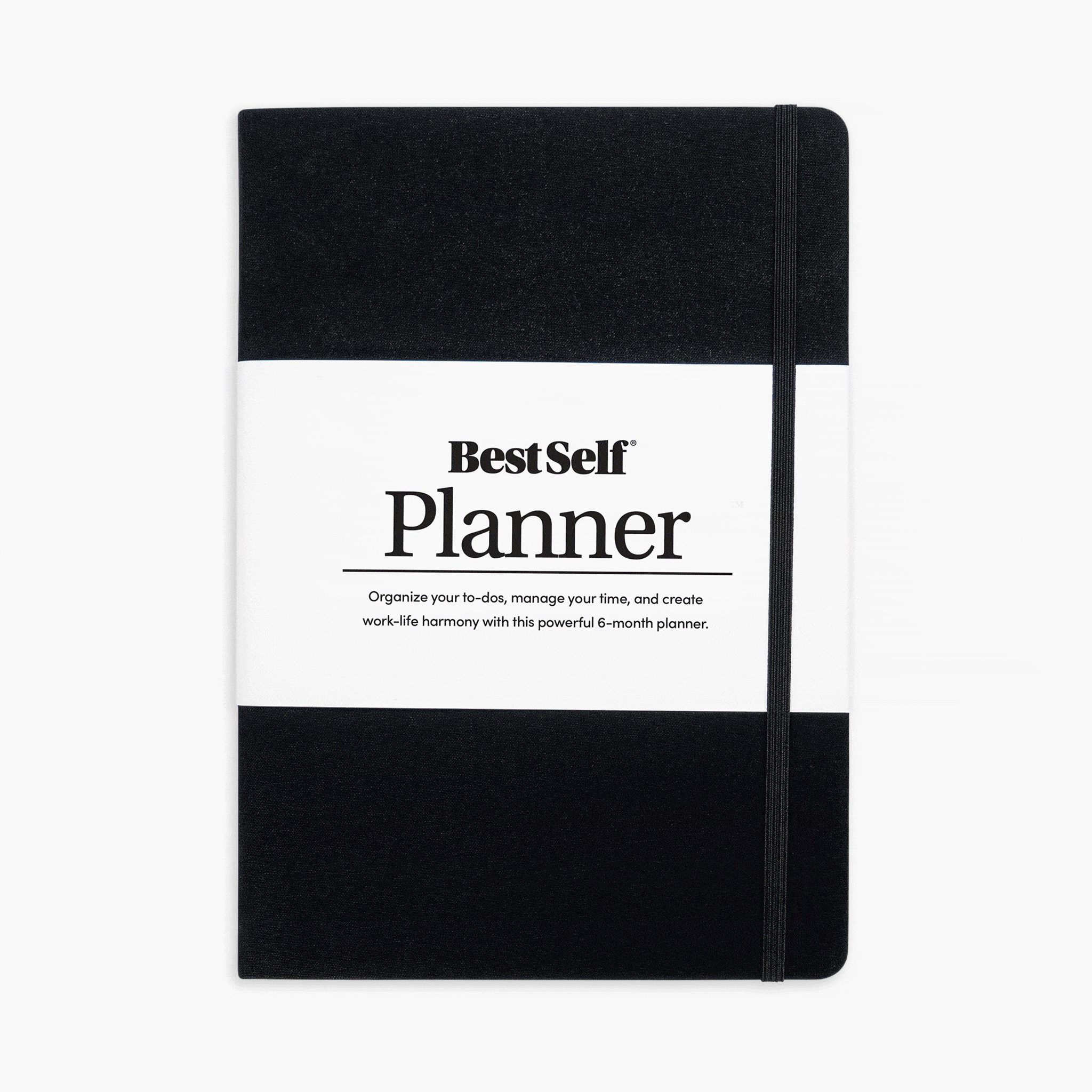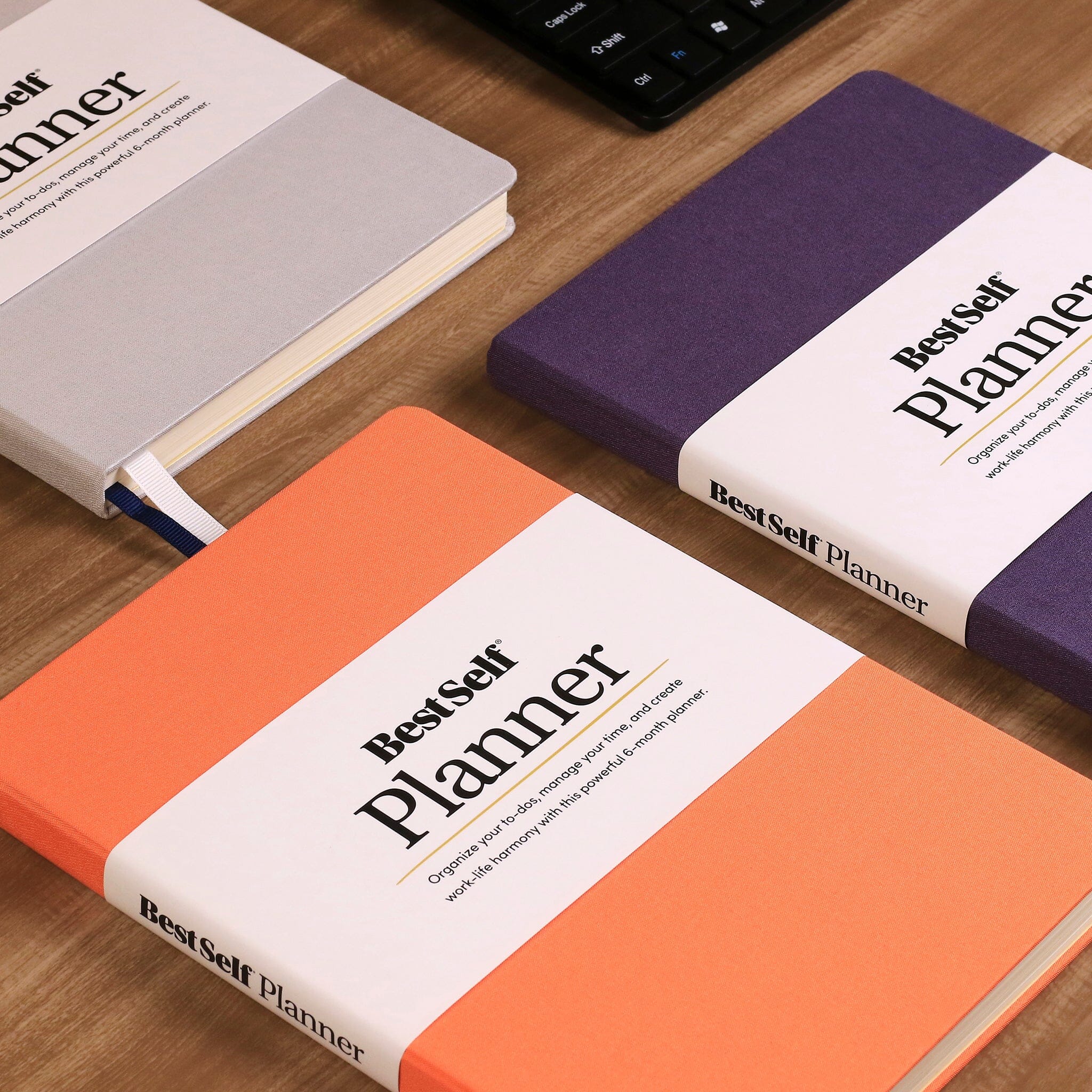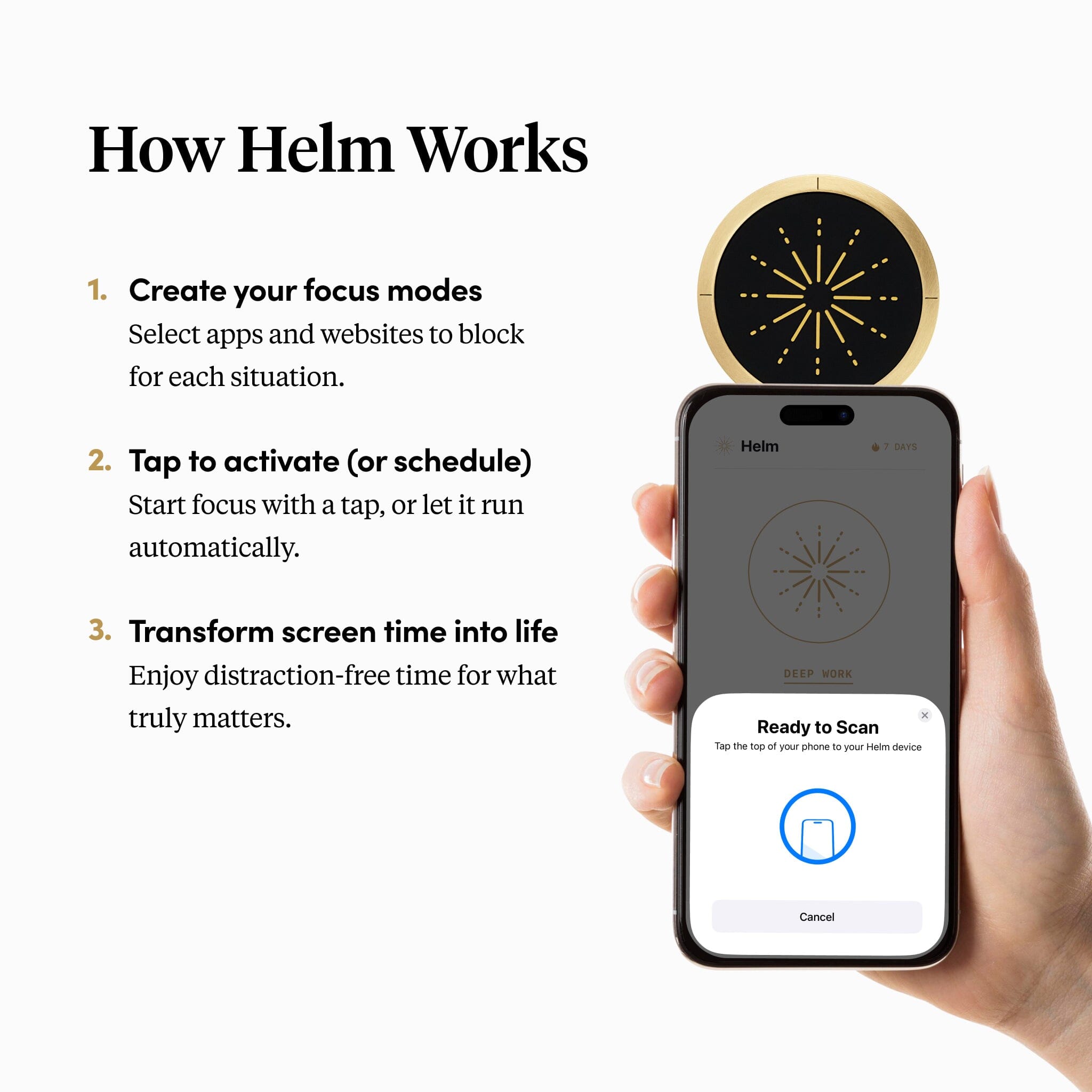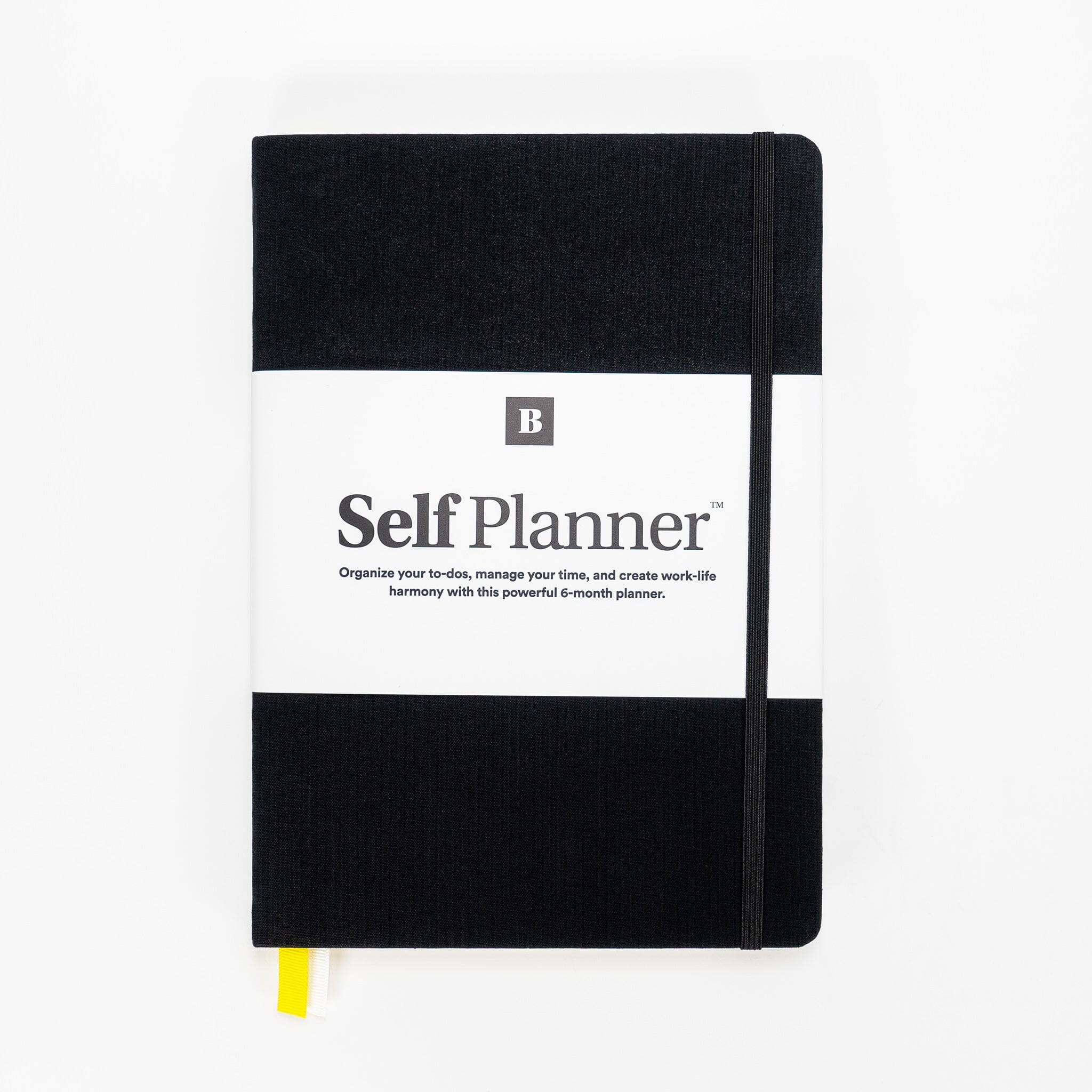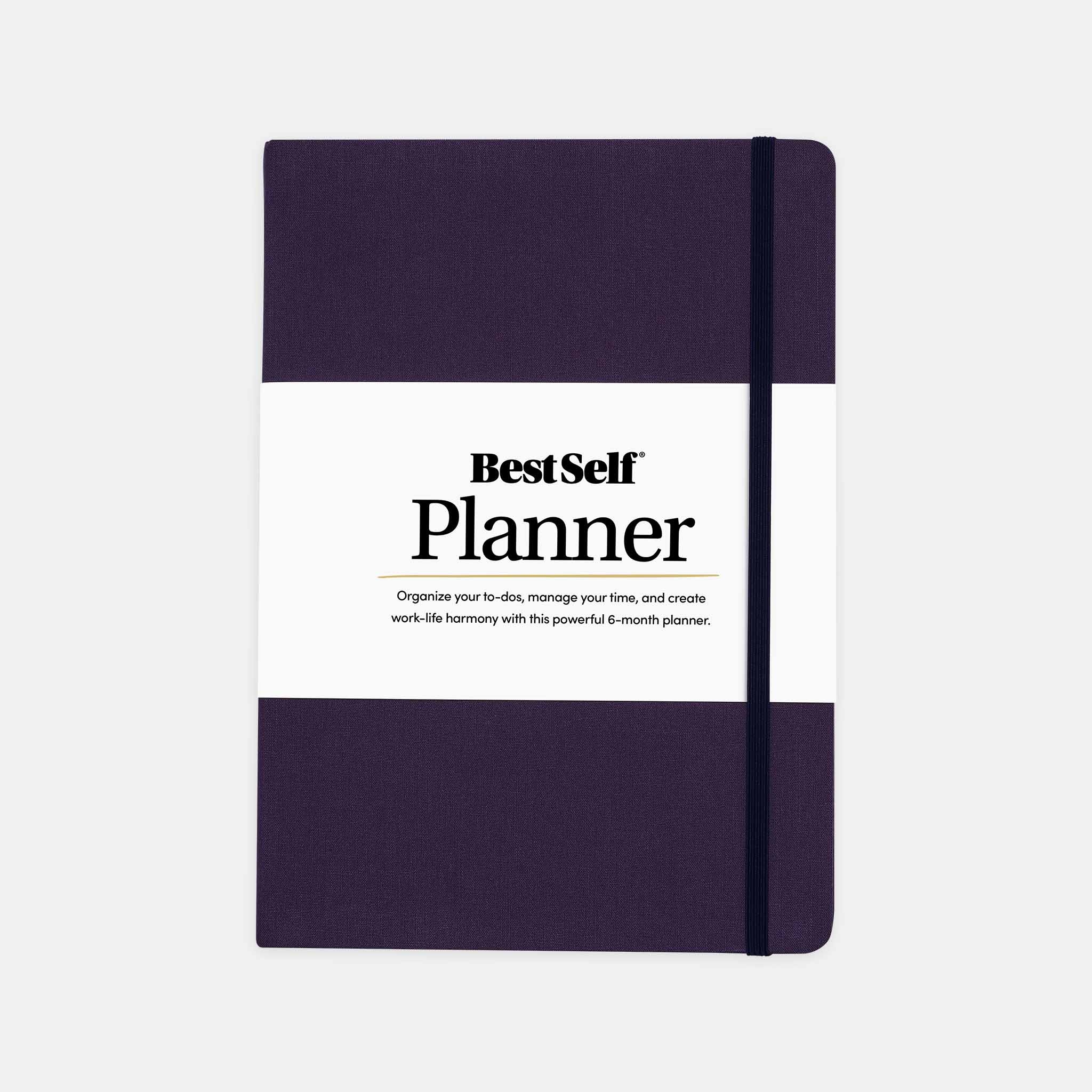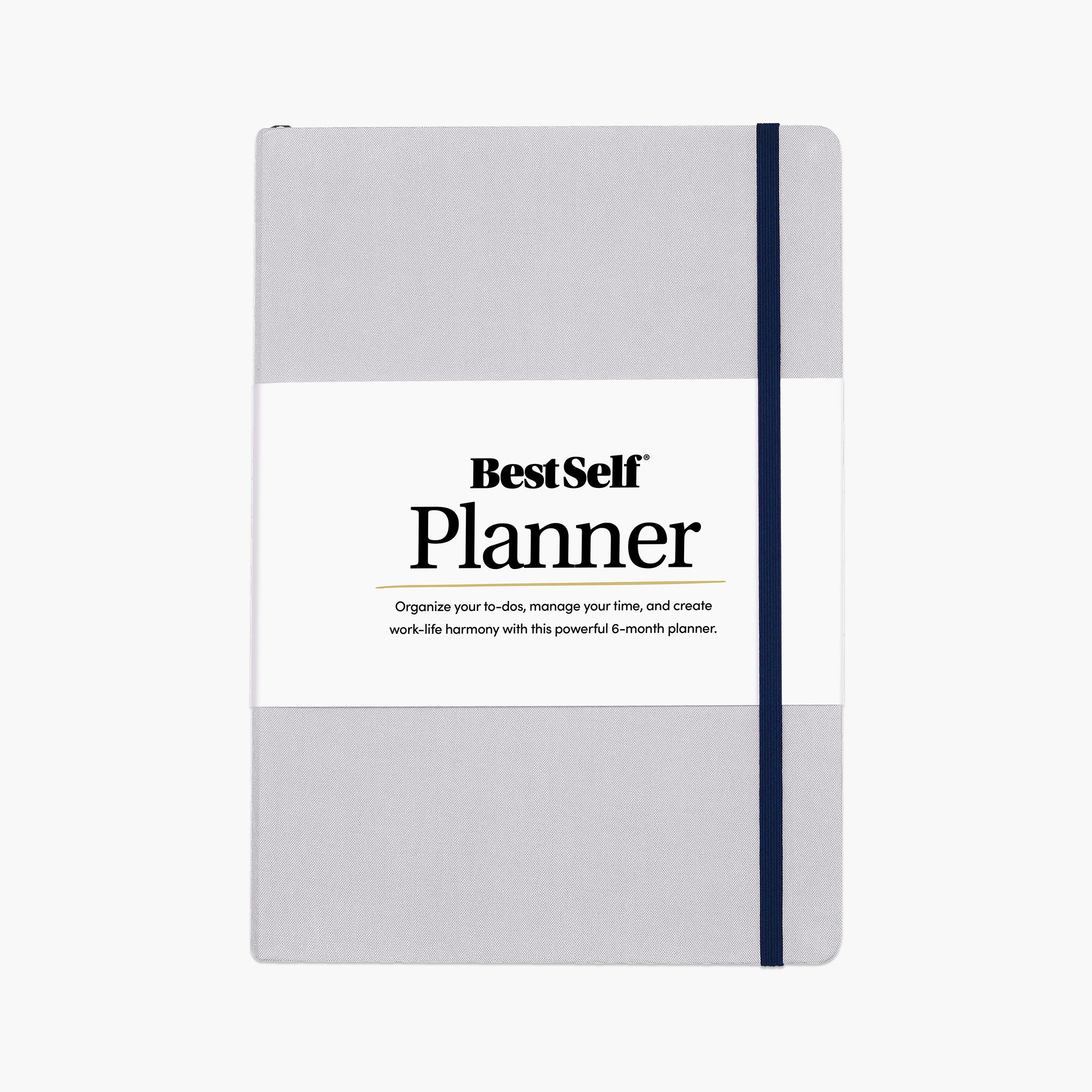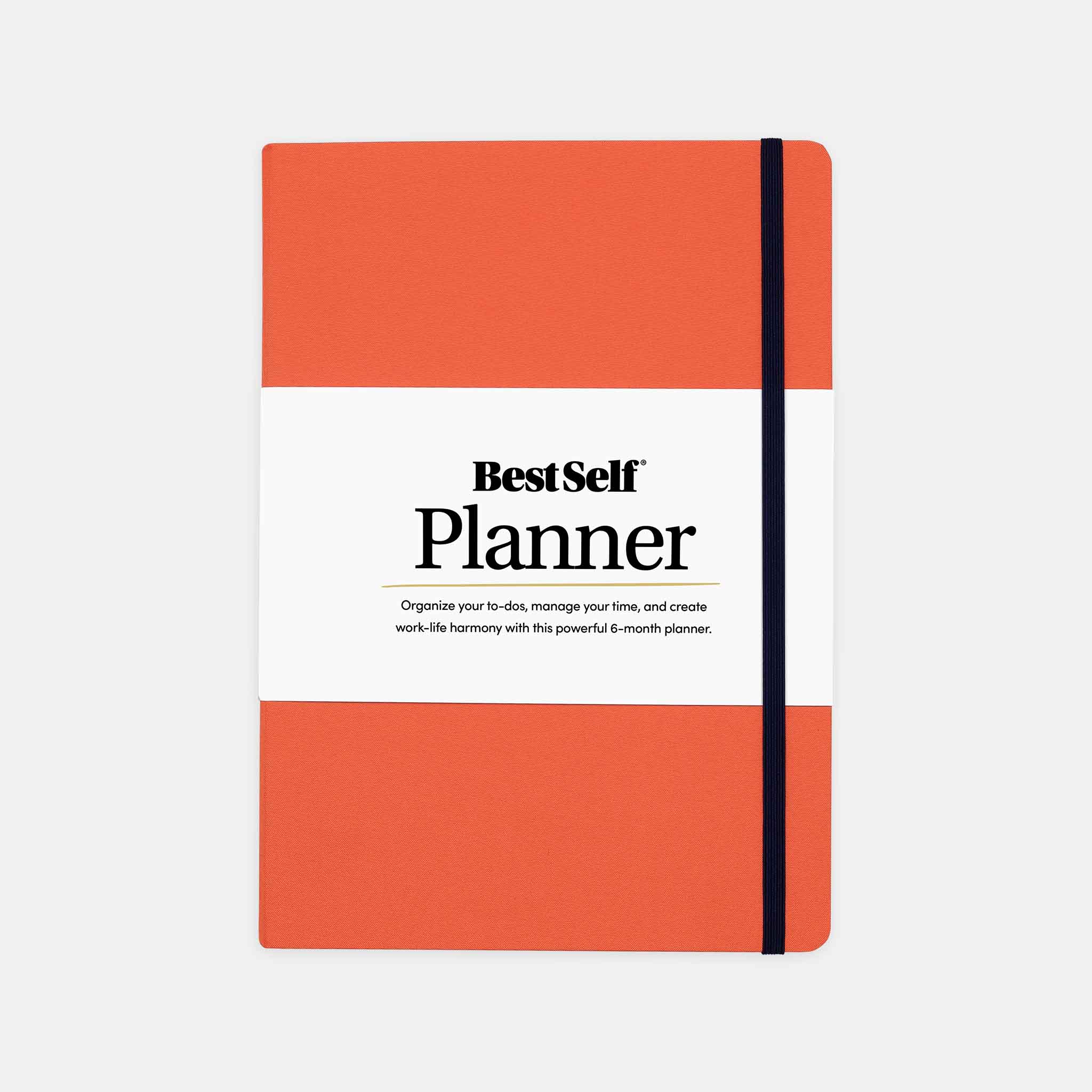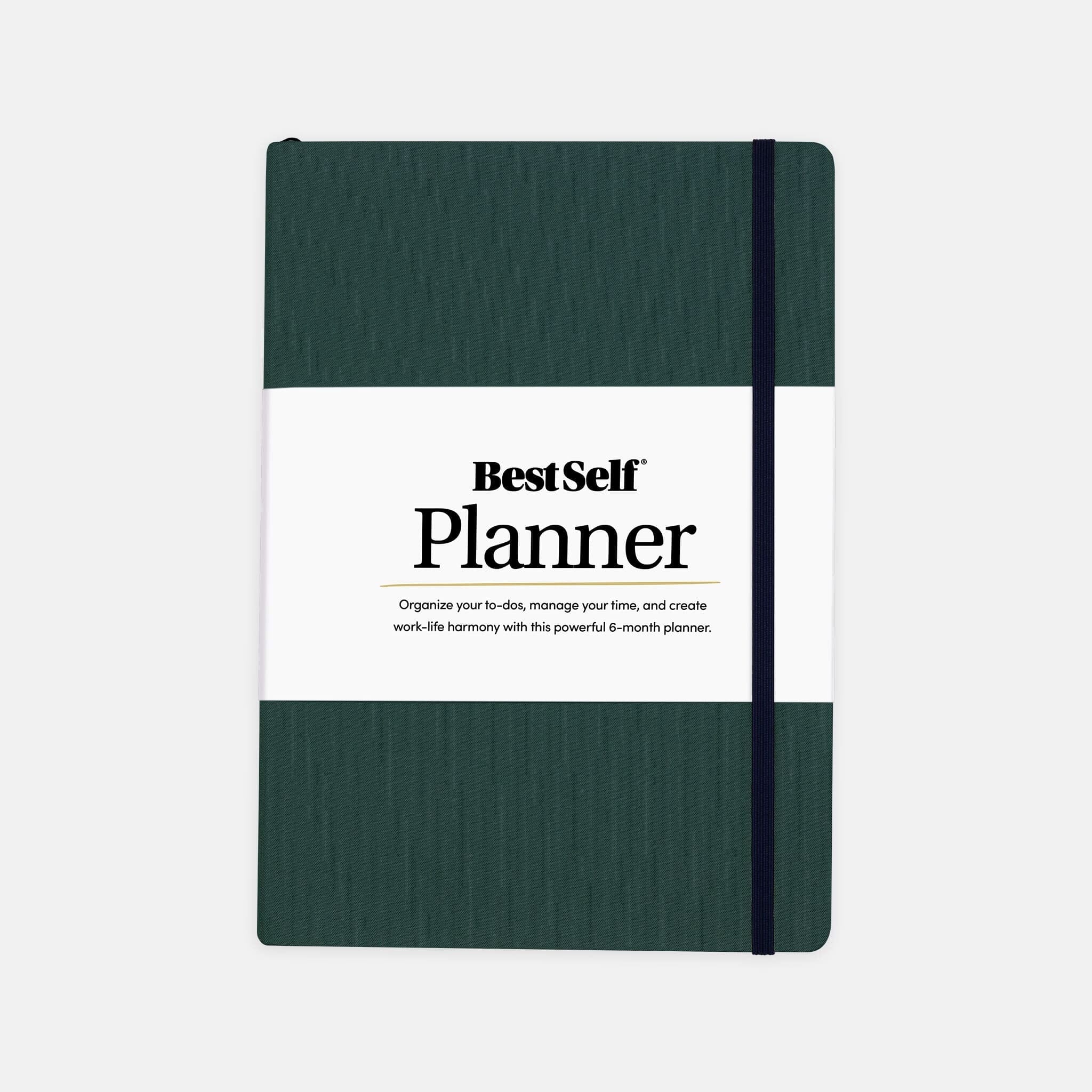Let’s be honest! Relationships can evoke heavy thoughts and feelings.
You could say it’s inevitable! When you choose to walk through life with someone, they’re going to see your best bits - and your not so good bits!
What’s more, you’re different people, which means you’ll have different beliefs, perspectives, opinions, and values. No wonder there’s conflict and a difference of opinion at times.
Fortunately, there’s not a lot that open communication can’t solve.
In fact, the more you can cultivate space for vulnerable conversation, the more you can strengthen your bond and deepen your love.
This is because conversation helps you get on the same page and find common ground. In the process, you explore different points of view and air your thoughts so you can each feel seen, heard, and hopefully understood.
So while it’s true that tough conversations are a journey, when held inside a space of love and empathy, you always come out the other side better for having them.
Keep reading to discover five ways to navigate challenging conversations in your relationship.
1. Set your intentions.
Get clear on what you want to talk about before stepping into a challenging conversation. It can help to journal your thoughts in advance so you can do some of your emotional labor before engaging in conversation with your partner.
Make a list. Explore why you feel the way you feel. Consider the outcome that you desire - and why.
Prepared with this information, you can come in with a clearer head, which can help you feel more grounded during the conversation.
Importantly, feel into the outcome that you desire for your relationship. For example, if you want to leave the conversation with love and connection, be ready to make concessions and compromises. Also, be prepared to let go of your need to be right (and the need to make them wrong!)
Finally, take a moment to reassure your partner how much you love and care for them. This helps to take some of the edge off any tension and ensure you both feel safe to be vulnerable - knowing your relationship is solid.
2. Speak about your facts.
Resist the temptation to project your thoughts and feelings onto your partner. Instead, talk about what’s true for you. Be careful of making generalizations too. For example, you could say.
“When you look at your phone while I’m speaking to you it makes me feel that I’m not important to you.”
Instead of…
“You never listen to me.” or “You never show that you care about me.”
When you discuss specifics, it’s easier to find a solution. When you discuss generalisations, you end up trying to prove to each other why you are right or wrong, which doesn’t help you come to a place of closure and next steps.
3. Listen to understand - not to talk.
When we listen to talk, we’re simply looking for the openings when we can have our say. In turn, we don’t really hear (and therefore understand) how our partner thinks and feels.
Instead of silently prepping your reply while your partner is speaking, be curious about what’s happening for them. Take a genuine interest in understanding their perspective and be empathetic too.
For example:
- You can reflect what you heard to check your understanding. This also demonstrates to the other person that you care about their perspective.
- Ask clarifying questions to understand their point of view better. For example, “I’d love to know more about that.” or “How did that make you feel?”
In addition, try not to take their comments personally (even though this is hard).
Remember, we all have a different perspective. The more you can see the world through your partner’s eyes, the more you’ll be able to navigate conflict and create next-level closeness. You may even cultivate new ways of seeing the world as a result. Bonus!
4. Take a break.
We can say things that we don’t mean in the heat of the moment - and later regret them.
To avoid this, maintain your self-awareness during the conversation. In turn, you’re more likely to notice when you’re feeling activated or getting aggravated.
Sometimes we need to step away from the heat of the conversation and give ourselves space to pause and take a breather.
When emotions are high, it can be tricky to think straight. In a stressful situation, our ability to be logical diminishes. In turn, we risk responding from an emotional place rather than a grounded place. Emotional outbursts can make you feel better in the moment, but they also create more to clean up later.
If you can give yourself the space to collect your thoughts and come back to a place of feeling in control of your emotions, you’ll find it easier to navigate the difficulties.
If you need to take a break, tell your partner what you need. Step away with love - telling them that you’ll be back once you’ve collected yourself.
This powerful technique can make a world of difference to your communication and, therefore, the outcome you create.
5. Come up with a solution.
Finally, commit to working together to leave the conversation with a solution and a plan for how you’ll go forward.
Don’t leave the conversation open-ended (unless you agree to pick it back up another time).
In closing, it can be tempting to avoid having tough conversations! However, ignoring a challenge only buries it - it doesn’t go away, which means the issue will show itself another time.
Make it a relationship belief that it’s always better to talk - even if it feels difficult.
Remember, the more you sharpen your ability to have difficult conversations, the better skilled you’ll become as a couple at navigating them.
You might be surprised where that will take you.




